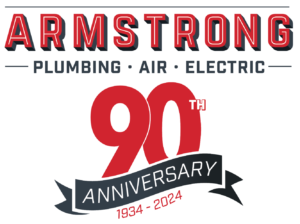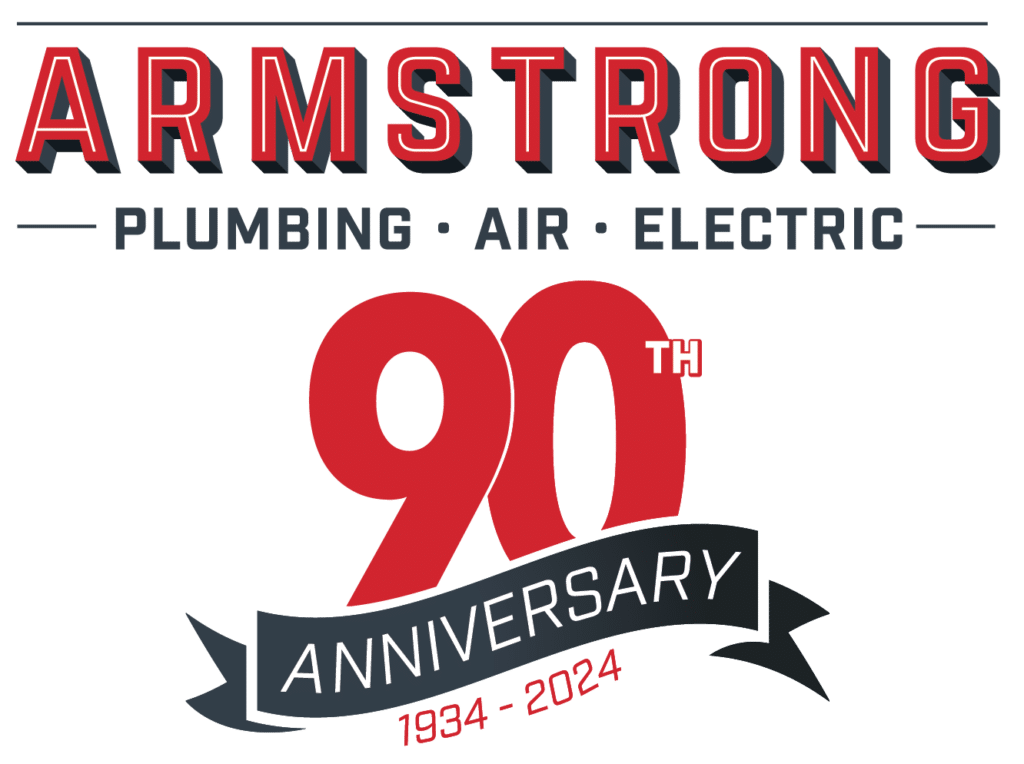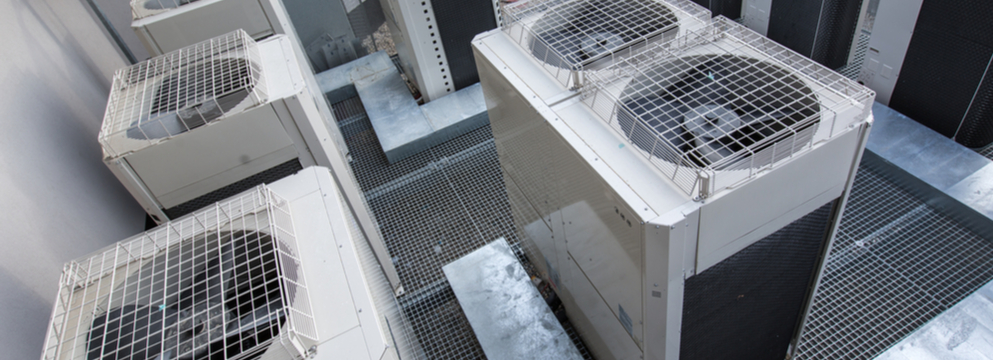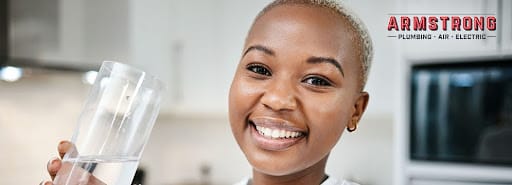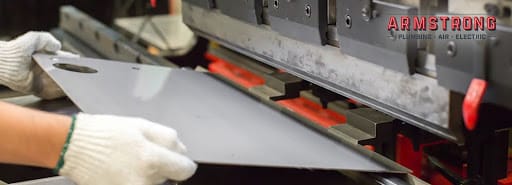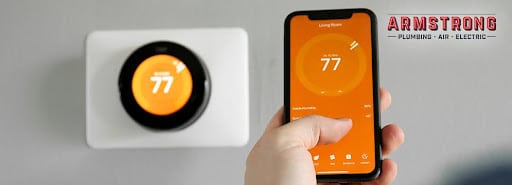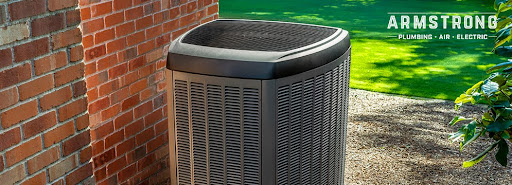HVAC systems have some universal qualities, no matter their applications. This is important to note when comparing residential HVAC systems to their commercial counterparts.
Both residential and commercial HVAC systems use the same basic methods for heating and cooling the air. That is, via a compressor, condenser, chillers/refrigerants and other components, heated air is removed in exchange for cool air and the process is reversed for heating. While that is a very simple explanation of heating/cooling, you get the idea. Armstrong Mechanical is proud of its ability to not only handle all of our residential customers’ needs, but also the needs of our vital commercial customers. So, we are well versed in the difference in the two. Let’s take a look at some main points.
COMMERCIAL HEATING & COOLING VS. RESIDENTIAL
Most of the differences between residential and commercial HVAC systems is the size difference between the two and the fact that commercial systems service large buildings that house a lot of people. Here are the significant differences:
- Location. Residential HVAC system components are generally placed on the ground outside the property or inside the home itself (attic, basement). Commercial HVAC equipment is usually installed on the roof; this not only saves space, but also protects the equipment from vandalism, provides easy access for maintenance and muffles noise pollution.
- Standalone vs. Modular. Most residential systems are self-contained units that can’t be expanded, while commercial systems are modular. This allows expansion or contraction of equipment as needed.
- Packaged vs. Split. Residential systems feature an outdoor unit (compressor) and an indoor air handler (condenser/evaporator). Commercial systems equipment is usually housed in one large cabinet or room.
- Drainage. A single drain pan and condensate line usually does the trick for residential system drainage, while a commercial drainage system can be more intricate, with pumps, etc.
- Ventilation/Exhaust. Commercial systems use ductwork like residential systems, but a lot more of it. Also, the system must be able to adequately exhaust in order to avoid overheating.
COMMERCIAL HVAC MAINTENANCE
Commercial systems are more expensive to install and maintain for obvious reasons. That’s why it should always be handled by professionally-licensed HVAC technicians who are experienced with the ins and outs of commercial HVAC applications. Maintenance is especially crucial as it will help keep your system in premium operating condition and detect issues before they become serious. This will in turn keep your employees/tenants/customers healthy and comfortable and can also prevent a work stoppage or business closure to repair the system. All of that can impact your business’s bottom line and we don’t want that to happen. Better Call Armstrong for all your commercial HVAC needs!
